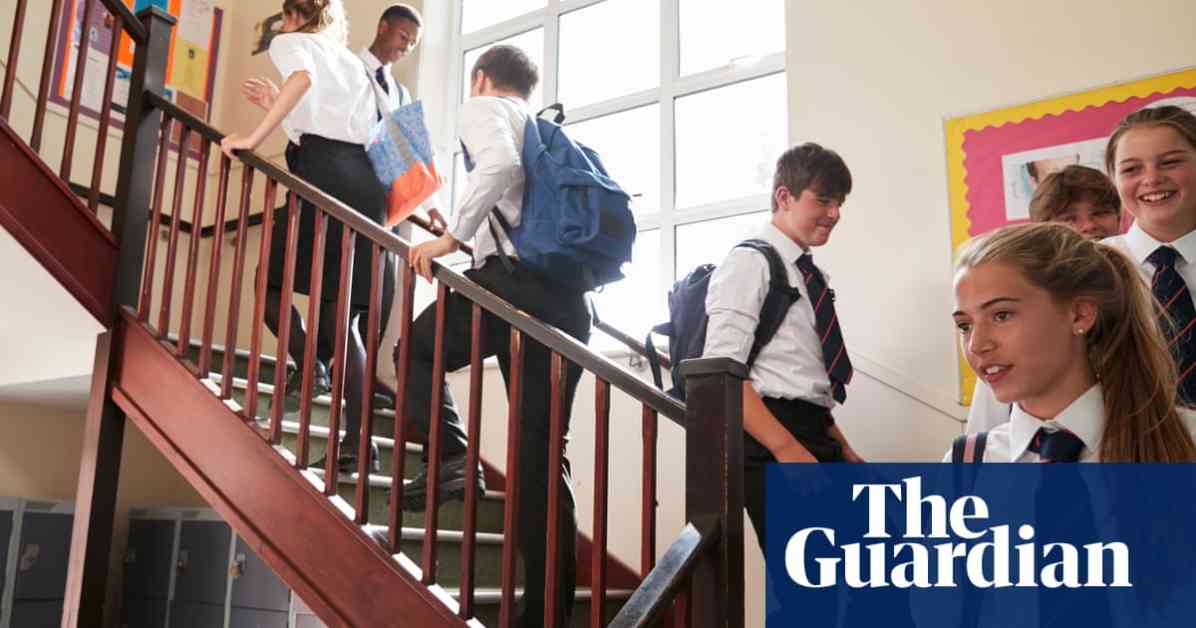School leaders in England are facing a significant challenge in managing the increasing number of behavior issues among students in the post-Covid era. The Department for Education (DfE) recently released figures that highlighted a concerning rise in the suspension and expulsion rates in schools across the country.
According to the data, the number of suspensions issued by schools nearly doubled, with 346,000 suspensions in the autumn term of 2023 compared to 174,000 before the pandemic in autumn 2019. Additionally, the number of children permanently excluded from school rose by almost a third, from 3,167 in 2019 to 4,168 in autumn last year.
The rise in challenging behavior among students, particularly older children, has been a cause for concern among teachers. The suspension rate in secondary schools increased by a third between 2022 and 2023. At the same time, schools are struggling to cope with a surge in persistently absent students, as well as an increase in the number of children with mental health difficulties and special educational needs.
Pepe Di’Iasio, the general secretary of the Association of School and College Leaders, expressed serious concerns about the situation, stating that schools lack the resources and specialist support needed to address behavioral issues effectively. Di’Iasio emphasized the urgent need for the government to intervene and provide adequate funding and support to prevent the school system from collapsing.
Education Minister Stephen Morgan acknowledged the challenges faced by schools, attributing the rise in suspensions and exclusions to the previous government’s failure to address behavioral issues effectively. The government has already announced a significant investment in special education and mental health support for schools. Regional improvement teams will also work with schools to improve behavior standards and support teachers.
The data revealed that students eligible for free school meals had a significantly higher exclusion rate compared to their peers. The peak age group for exclusions was in year 9, indicating a disruption in the transition between primary and secondary school due to the pandemic. Headteachers and school leaders emphasized that exclusions are a last resort, while suspensions are necessary to maintain a conducive learning environment for other students.
If the current trend of high suspension and exclusion rates continues, the upcoming school year could surpass the previous year as the worst on record. The Department for Education has been urged to address the funding and support shortages in schools to prevent further escalation of behavior issues among students.







